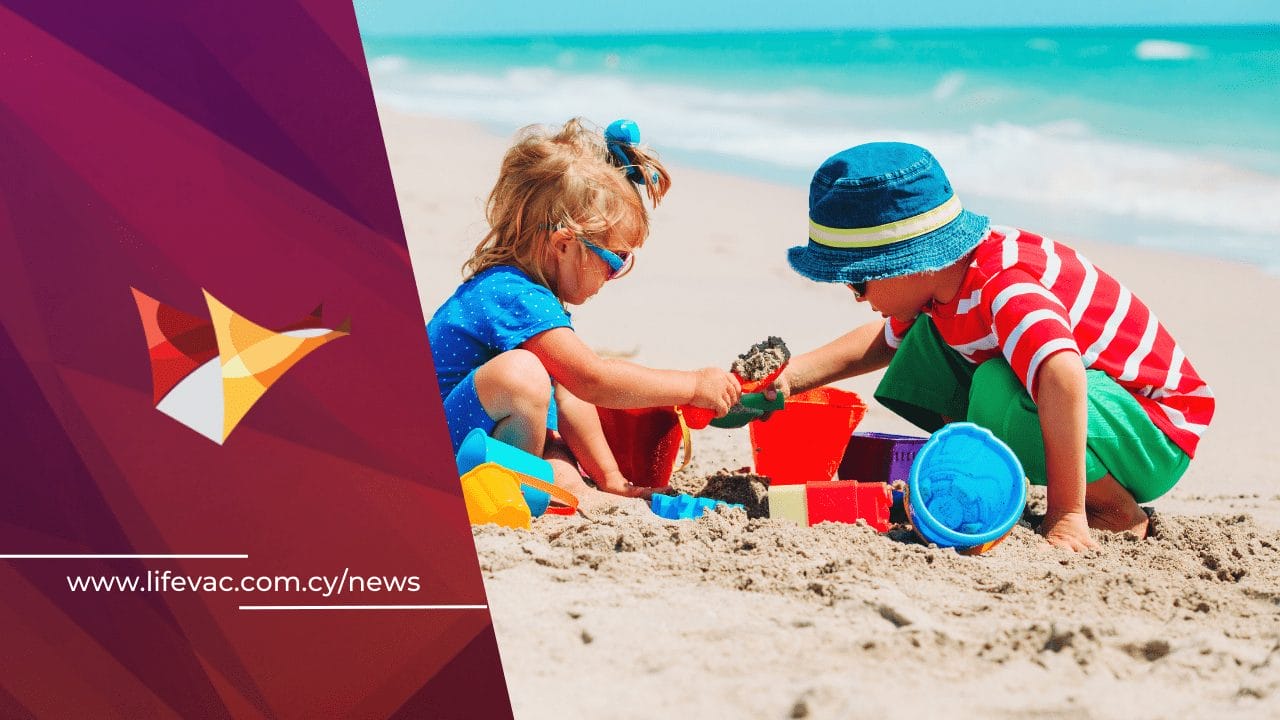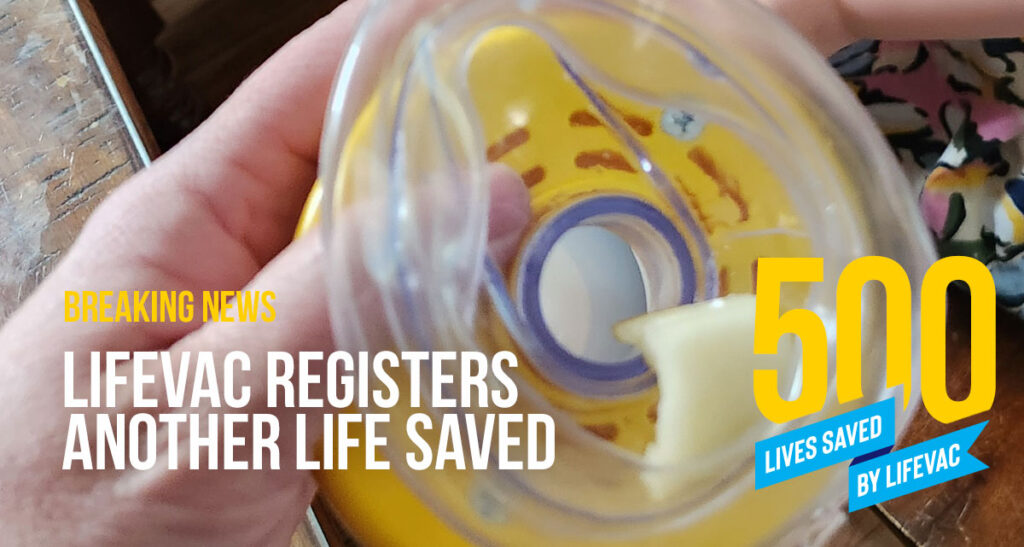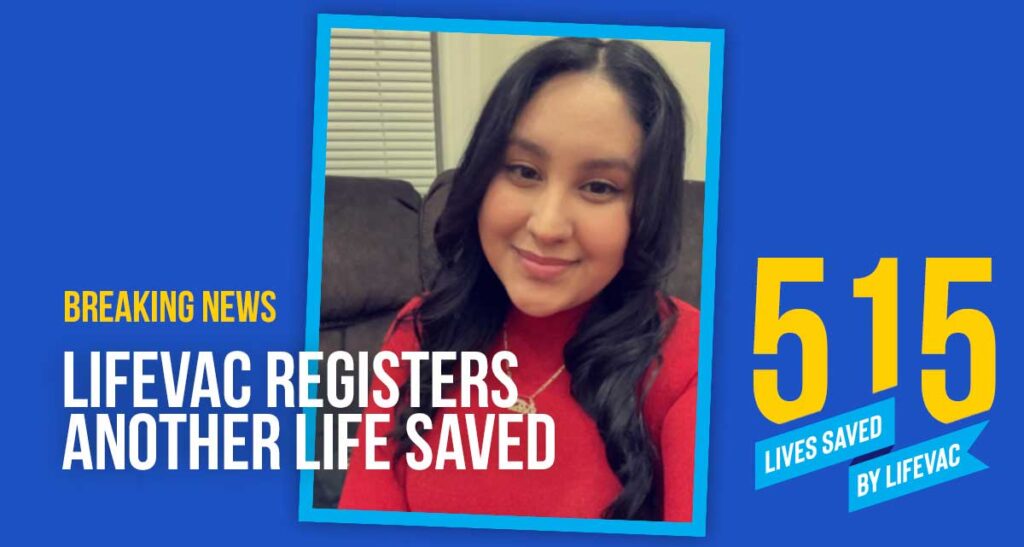Summer is a fantastic time for family outings to the beach, but it’s essential to prioritize beach safety for kids. When it comes to beach safety for kids, vigilance and preparation are key. Children are naturally curious and energetic, which can sometimes lead to dangerous situations if proper precautions are not taken.
This blog post will provide crucial tips on ensuring your children are safe while enjoying the sun, sand and water!
Tips to Ensure Beach Safety for Kids
Taking kids to the beach can be a lot of fun, but it also requires careful planning and vigilance to ensure their safety. Here are essential tips to help keep your children safe while enjoying a day at the beach.
1. Require Adult Permission Before Entering the Water
Always make it a rule that kids must ask for permission before going near any water. This ensures that an adult is aware and can supervise closely.
2. Never Without Sunscreen
Beach safety for kids starts with sun protection. Apply sunscreen with at least SPF 50, covering both UVA and UVB rays. For babies under six months, avoid direct sunlight and keep them in the shade.
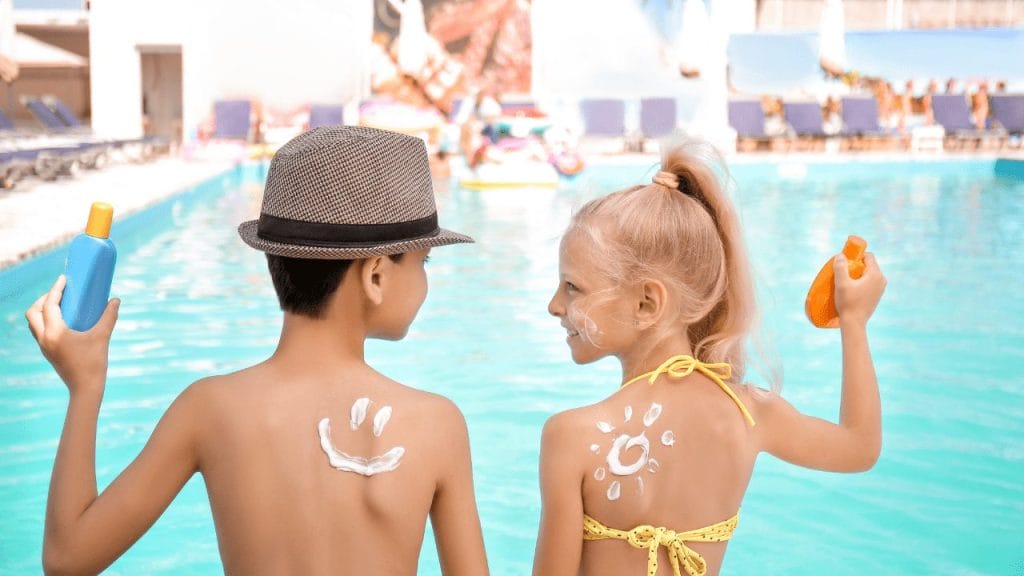
Reapply sunscreen every two hours, or immediately after swimming or sweating. Additionally, dress children in UV-protective clothing, hats and sunglasses, and try to avoid sun exposure during peak UV hours from 12:00 PM to 4:00 PM.
3. Teach Kids to Respect the Water
Educate children about the dangers of the sea, including strong currents and waves. Encourage them to be careful and to never venture too far from the shore.
4. Keep Them Hydrated
Playing in the sun and sand can be dehydrating. Ensure your kids drink plenty of water throughout the day to stay hydrated and avoid heat-related illnesses.
5. Choose the Right Bathing Suit
When selecting swimwear, opt for bright, neon colors like yellow, green, or orange. These colors are more visible underwater, according to recent studies, which can help in quickly spotting your child in case of an emergency.
6. Never Take Your Eyes Off Children in, on, or Around Water
Supervision means constant visual contact. Always actively supervise children near water, even if they know how to swim. Drowning can happen quickly and silently, so it’s crucial to remain vigilant at all times.
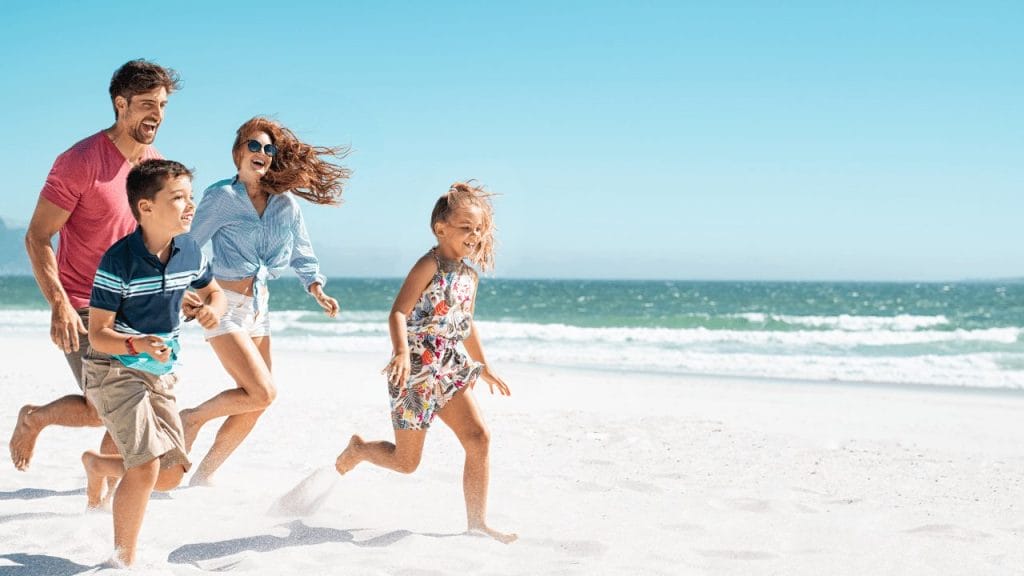
7. Choking Preparedness
Choking can happen anywhere, including the beach. Ensure that you’re prepared by knowing basic first aid for choking. Being prepared means staying calm and acting quickly if a choking incident occurs. Always have a plan and be aware of the foods and objects (such as small toys) that can pose a choking hazard to kids.
The Importance of LifeVac in Preventing Choking Incidents
No matter how careful we are, emergencies can still happen. That’s why having a reliable anti-choking device like LifeVac is important. LifeVac is a simple, non-invasive suction device that can clear an airway obstruction in seconds. It’s easy to use, requires no training, and is safe for individuals of all ages, including children.
Having LifeVac in your beach bag provides peace of mind knowing you’re prepared to handle a choking emergency effectively. It’s a vital tool in your safety arsenal, ensuring that help is always within reach.
Conclusion
Ensuring beach safety for kids involves being vigilant, prepared and proactive. By following these tips, you can create a safe and enjoyable beach experience for your family. Remember, preventing sunburn, respecting the water, and choosing the right swimwear are just a few ways to keep your children safe. Don’t forget the importance of choking preparedness and having a device like LifeVac on hand.
Get your LifeVac today and be prepared for any emergency, ensuring your family’s safety at the beach and beyond. Visit www.lifevac.com.cy for more information and to purchase your LifeVac device.

